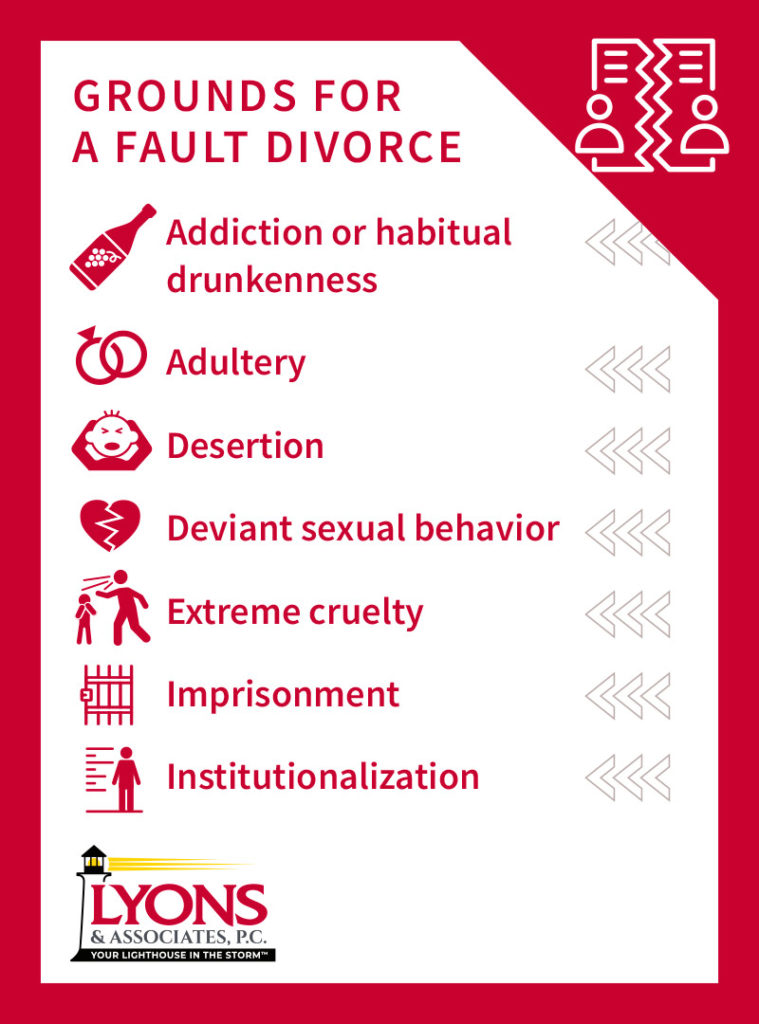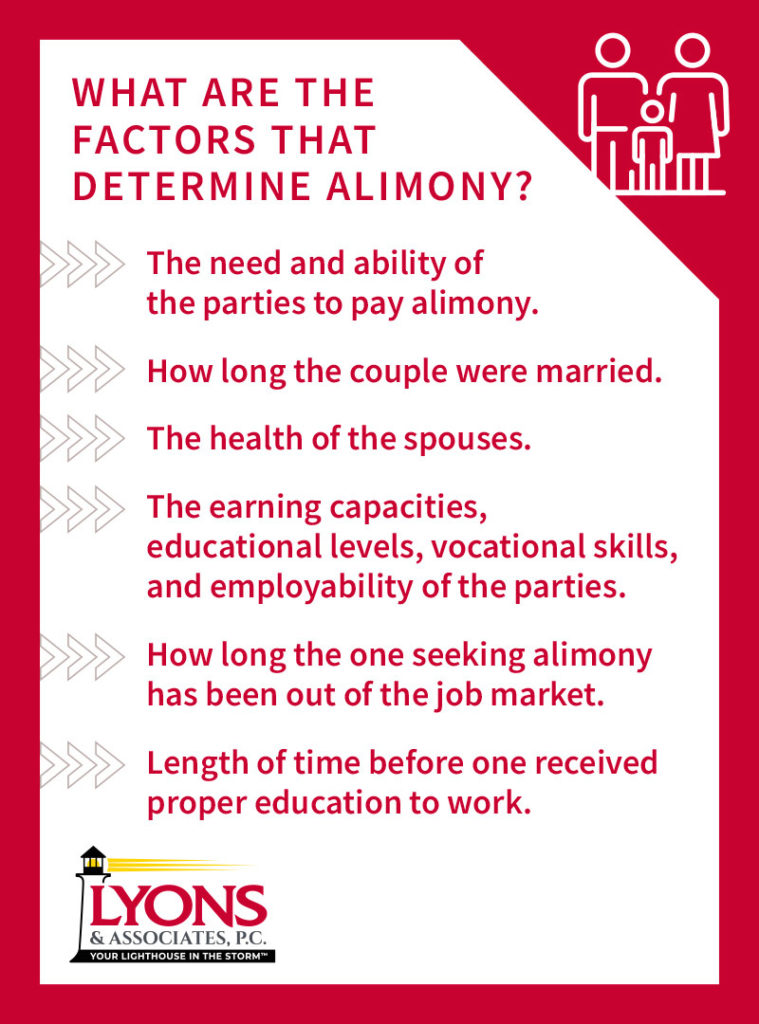How Does New Jersey Treat Same-Sex Divorce?
From a legal standpoint, there is no difference between a same-sex divorce and a traditional divorce, as the law applies similar to both instances. When a couple, regardless of their sex, decide they can no longer be together, the law allows that to take place. However, same-sex marriage was not legal in New Jersey prior to 2013. Therefore, the process of dividing assets and even determining the custody of children can become more complicated, particularly for those couples who did not formalize their relationship prior to 2013.
Gay marriage became legal throughout the country in 2015 when the U.S. Supreme Court ruled 5-4 in the landmark United States v. Windsor case that the Defense of Marriage Act was unconstitutional. It subsequently blocked all state-level bans to gay marriage. In the aftermath, most civil unions converted to marriage, although some remained as such.
For those couples who were married after the state legalized gay marriage, they will follow the same policies and procedures as any other couple starting with the initial separation. Regardless of the type of marriage, New Jersey does not recognize legal separation, though it does recognize “divorce from bed and board.” This is the stage between legal separation and absolute divorce.
Those couples that choose to take this route usually do so to protect an ex-spouse who requires health insurance. Despite this connection, the couple still enjoy economic divorce at this stage, meaning one is not responsible for the other. However, if a couple wants this status, both spouses must agree to it, otherwise, a judge will reject the request.
If a couple chooses to separate, they will first sign a separation agreement that will specify living conditions and child custody arrangements, if necessary, on a temporary basis until the divorce is finalized. Many of these elements in this separation agreement could appear in the final divorce agreement.

New Jersey is a no-fault state, meaning that one spouse need not be assigned blame for the dissolution of the marriage. The couple can cite irreconcilable differences as grounds for a divorce. To file using this method, the couple must have experienced those differences for at least six months before they can file for divorce.
The state does allow for a person in a marriage to file for a fault divorce. These are necessitated by the actions of one of the two in the relationship that prompts the need to immediately end the marriage. These tend to be longer processes, as they are not a mutual arrangement. A few reasons for a fault divorce include:
- Addiction or habitual drunkenness
- Adultery
- Desertion
- Deviant sexual behavior
- Extreme cruelty
- Imprisonment
- Institutionalization
Although there may be a need to file for a divorce, you should understand that you will have to prove the actions of your ex-spouse of which you are accusing them.










